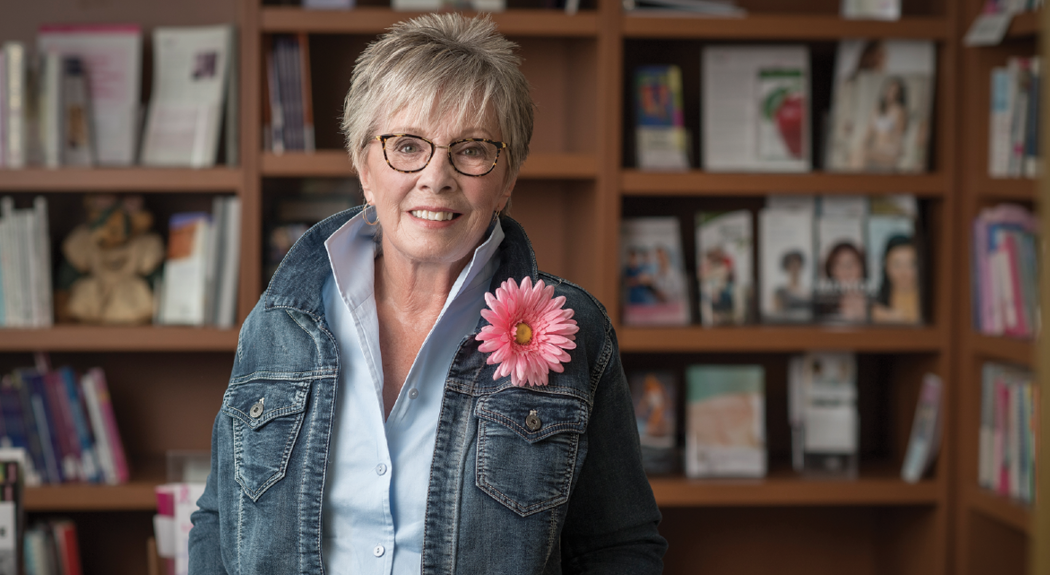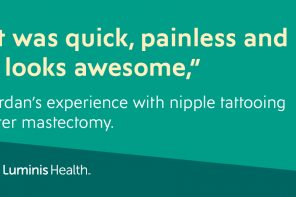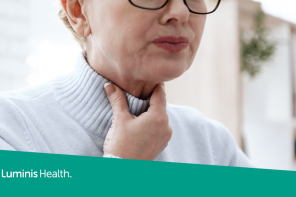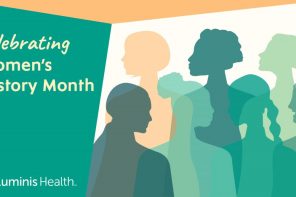“Volunteering for Habitat for Humanity helped save my life,” proclaims Nancy Noel, now 71. While helping build townhomes in Annapolis, Nancy took a blow to the chest and the resulting wound refused to heal. Testing eventually led to a diagnosis of Paget disease, an aggressive form of breast cancer. After a total mastectomy, a double course of chemotherapy and six weeks of radiation — all at AAMC — Nancy came through a survivor.

Nancy took up storm chasing after she completed treatment for a rare, aggressive form of breast cancer.
“I simply made the decision to place myself in the hands of my brilliant and caring team and embrace the cure,” Nancy says.
Nancy’s positive attitude led her to become a volunteer peer mentor with Survivors Offering Support (SOS). SOS was created by Denise O’Neil and debuted at AAMC in 2004. It has since expanded to hospitals throughout the mid-Atlantic. The program pairs a newly diagnosed patient with a breast cancer survivor. The mentor provides support and encouragement from diagnosis through recovery.
“Most importantly, because we’ve been ‘through it,’ we mentors become valuable ‘pink sisters’ to our mentees. We visit them at chemo, offer a shoulder to lean on and celebrate their treatment milestones,” Nancy explains.
Lorraine Tafra, MD, breast surgeon and medical director of AAMC’s Rebecca Fortney Breast Center, says the SOS peer mentors are an integral part of the cancer team. She says the mentors help newly diagnosed breast cancer patients through the emotional fog that follows diagnosis.
Special training teaches SOS mentors how to avoid offering any medical advice, which comes only from medical professionals.
SOS mentors also help women transition to life after cancer, a time that can be difficult. “There is often fear of re-occurrence and that age-old question, ‘What do I do with the rest of my life?’” Nancy says. “I tell women that they are now official members of what I call the Second Chance Club.”
To ease post-treatment anxiety, Nancy recommends that women fill their lives with things they’ve always wanted to do. She and her husband, Bob, took up storm chasing. “As we stare up into that swirling belly of the beast, I thank AAMC and remind myself that it’s great to be alive.”
Read more about how a supportive team of peers and medical professionals can help women with breast cancer make personal treatment choices.
Read about two more ways to fight breast cancer: Ways to Fight Breast Cancer: Get Physical and Ways to Fight Breast Cancer: Understand Your Risks.
 Lorraine Tafra, MD, is a breast surgeon and the medical director of AAMC’s Rebecca Fortney Breast Center.
Lorraine Tafra, MD, is a breast surgeon and the medical director of AAMC’s Rebecca Fortney Breast Center. 



